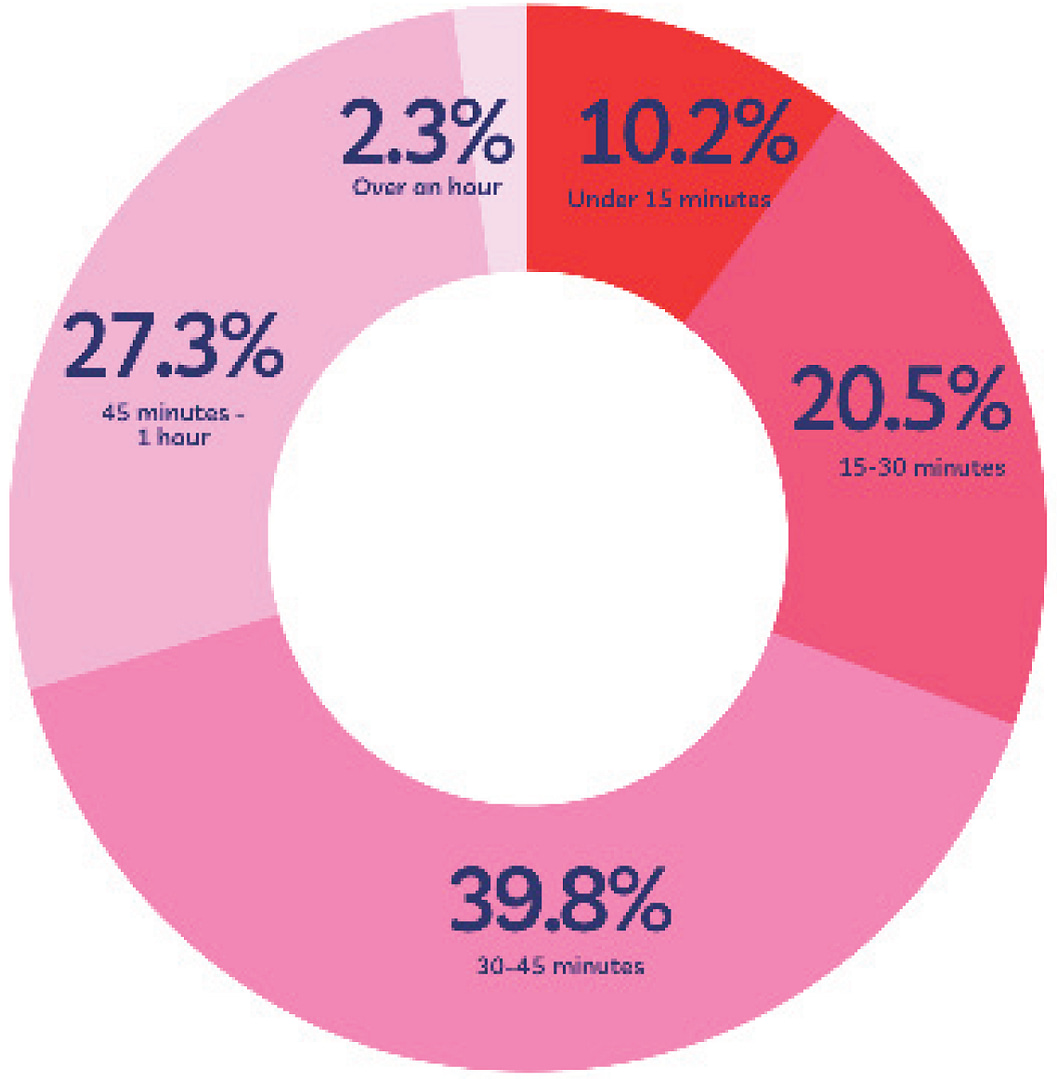MORGAN STUBBLEFIELD / THE LOYALIST
When the Loyola administration announced in 2015 that the school would be transitioning to a block schedule, students and teachers alike were uncertain what to think about the change. The prospect of a seventh period and changes to the rotation had some excited, others anxious.
Naturally, the first months under the new schedule required an adjustment from everyone on campus. The new schedule, though eventually becoming well accepted, needed refinement. The changes made to the schedule for the 2016-2017 school year will, for the most part, improve the schedule, for the alterations reflect some well-liked traditions of the old schedule and rectify some shortcomings of the one.
Perhaps the most significant change is to the Friday schedule. Students will now be dismissed at 1:33 p.m. instead of last year’s dismissal time of 1:50 p.m. The change attempts to recapture the spirit of the old schedule’s dismissal of 12:36 p.m. The benefits of this change extend beyond merely a half-hour less of school, though such a benefit is welcomed.
The shortening of the school day was made possible by merging recess and lunch into a single break of 24 minutes. Last year, students had a typical 15-minute break and then a 10-minute shorter lunch, affecting lunch lines and club meetings.
Now, student-athletes will no longer have to miss as much of their last period on game day. If anything, the change benefits students by providing a psychological sense that the day is shorter while only one break period actually contributes to the day passing faster. After a long week, a Cub can look forward to an abbreviated day that allows him to depart for his weekend just that much sooner.
The updated schedule, an homage to its predecessors, helps students by the reinstallation of the announcements period, which helps students stay informed on the important happenings at Loyola.
The change, coming at little cost, is a mere three minute lengthening of the new school day. School would have ended this year at 2:00 p.m. on Tuesday through Thursday (2:50 p.m. on Mondays and 1:30 p.m. on Fridays) but will instead end at 2:03 p.m. (2:53 p.m. on Mondays and 1:33 p.m. on Fridays). If anything, it allows for three minutes of additional exam or instructional time in the second period for teachers who do not read announcements.
Due to the Monday schedule’s five period rotation, lunch will be after the fourth period of the day. Now, instead of two class sessions after lunch, the day will commence with two class meetings, have two more meetings after break and only one succeeding lunch. Before, students were faced with a two hour, 10 minute marathon that had them worn out and hungry by the second class after lunch.
This change, however, applies not only to Monday, but to the entire week. All school days will now commence with two periods, as opposed to just one previously. This alteration is, perhaps, the most controversial of the changes. On the one hand, break is now at 10:36 a.m, closer to the old schedule’s break of 10:18 a.m. Yet, if student-athletes miss breakfast after a morning practice, they will face a lengthy waiting period before recess.
As with last year’s major schedule change, recent changes will be best judged after the year has run its course. Most of the changes the administration made project to work out for the better, for they address flaws from last year. Last year, many students grew to like the schedule after an initial dislike of it.
But the changes to the schedule are indicative of a component of Loyola more important than its schedule. The changes demonstrate that the administration looks out for the interests of its students; some of the updates made were the result of student feedback.
The administration should seek to continue to refine the block schedule system; the feedback of students will provide a metric to evaluate the changes for this year and the schedule as a whole, and hopefully, the schedule will have been perfected by the fall of 2017.







Comments are closed.